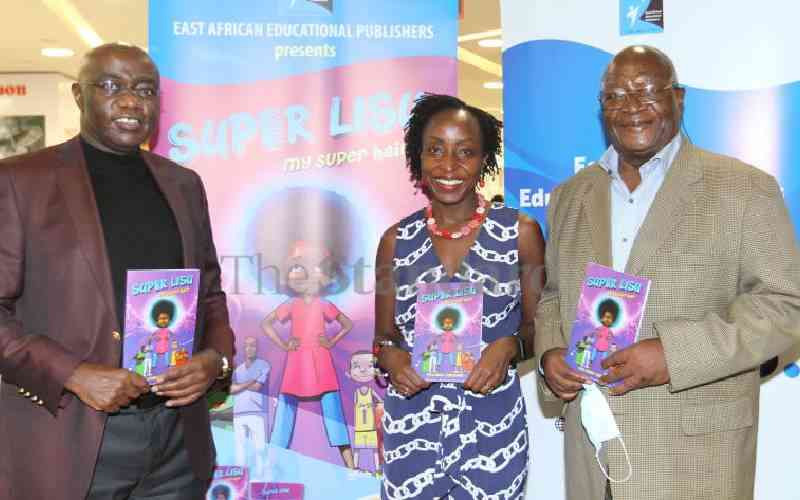×
The Standard e-Paper
Fearless, Trusted News

East African Educational Educational Publishers (EAEP) CEO Kiarie Kamau (from left) author Yolanda Chakava and EAEP Chairman Henry Chakava during the launch of 'Super Lisu' book at Sarit centre,Westalnds, Nairobi. [File,Standard]
No news is good news, they say. And so it was with profound sadness that I received multiple WhatsApp messages Friday morning bearing the same news: that publisher and literary icon, Dr Henry Chakava, was no more.